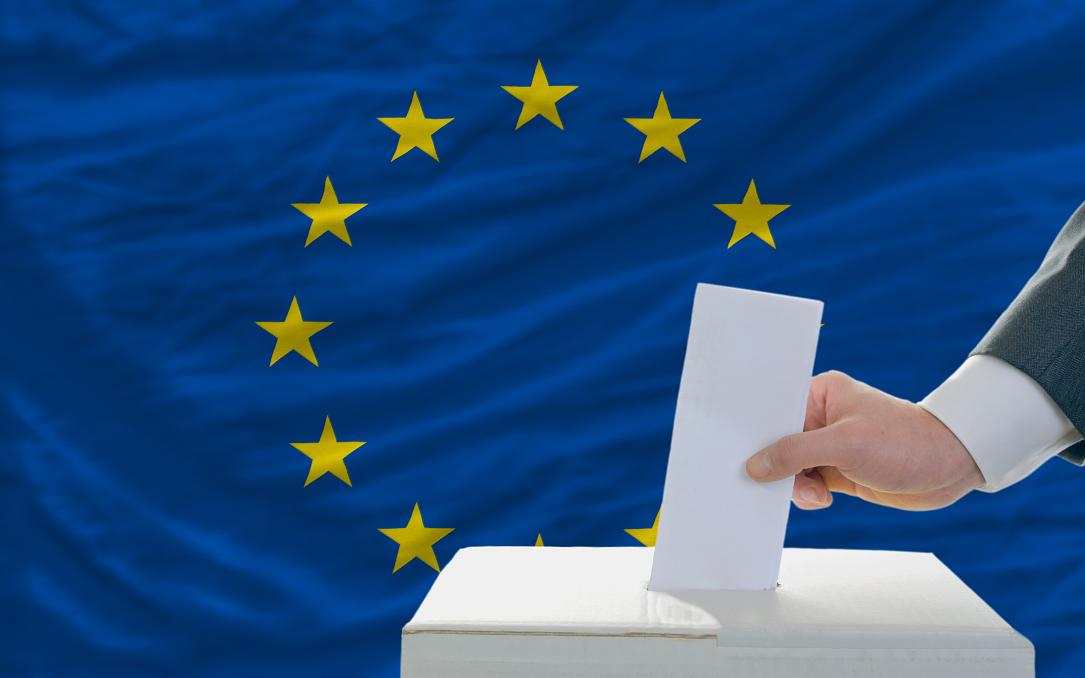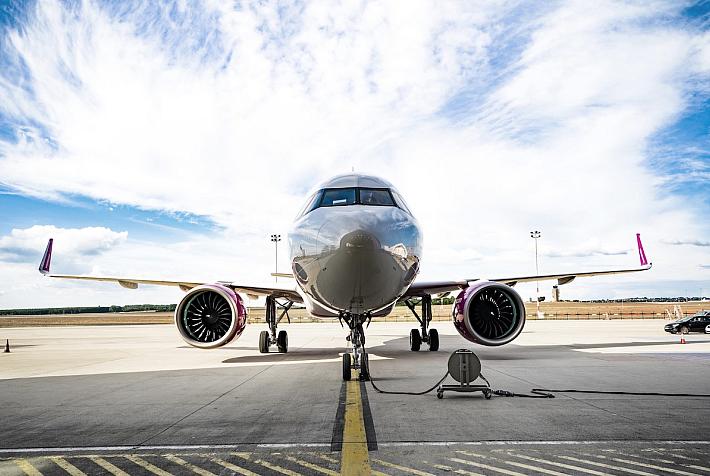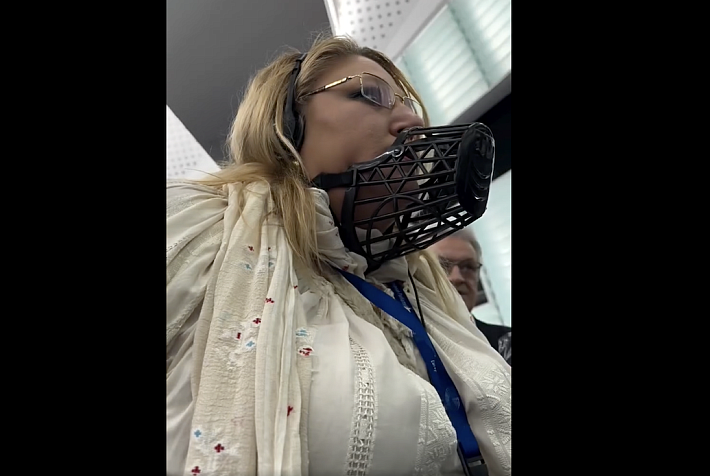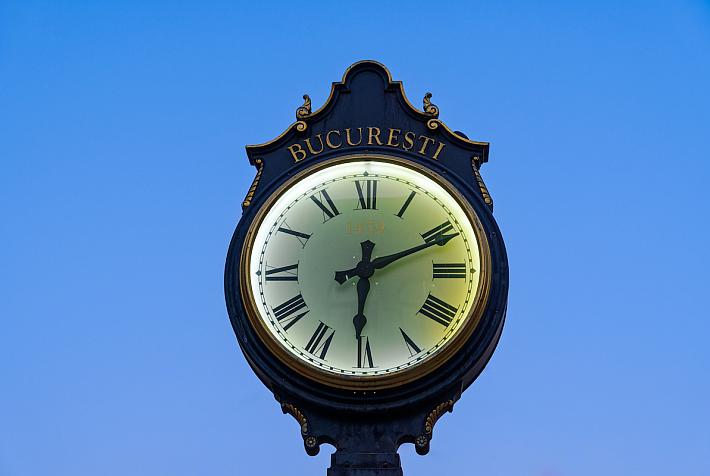60% of Romanians interested in European elections, Eurobarometer survey reveals

Roughly 60% of Europeans are interested in the European elections, with the same percentage in Romania declaring their interest as well, according to a new Eurobarometer survey conducted at the request of the European Parliament.
A total of 74% of Romanian citizens say it is likely they will vote in the next European elections (55% of Romanians said it was likely they would vote before the 2019 elections), and 68% believe that voting is more important in the current geopolitical context.
By comparison, over eight out of ten Europeans (81%) believe that voting is more important in the current geopolitical situation. Six out of ten citizens (60%) are interested in the upcoming European elections from June 6 to 9, an increase of 11 percentage points from the same moment before the May 2019 vote.
The survey shows that France is the only EU country where interest in the European parliamentary elections has not increased from 2019 to now. Moreover, France ranks last in the "positive image of the European Parliament" indicator, with just 27%. Romania is in the upper half of the ranking, with 46% of respondents having a positive image of the European Parliament, above the EU average of 41%.
People’s perception of the EU is positive across the member states, with an average of 47%. Portugal is the country where the EU is best perceived (69%), followed by Ireland and Sweden. On the opposite end are the Czech Republic (33% positive perception), Austria, and France. Romania, with a 50% positive perception, is above the EU average.
About 71% of the citizens of the member states believe their country has benefited from EU membership, while in Romania the percentage is 65%, among the lowest in the entire Union. Only France, Italy, Austria, and Bulgaria rank lower than Romania in this respect.
Overall, 73% of citizens say that EU actions have an impact on their daily lives.
Greece, France, and Cyprus are the countries where respondents largely said that their standard of living has decreased in the last five years. Romania (with 46%) is at the EU average for this indicator.
Respondents across the EU have identified peace as the main value to be defended, followed by democracy and human rights. The war in Ukraine and Russia's aggressive stance make security one of the main topics of interest for European citizens at these elections. The Eurobarometer also shows that food security and agriculture rank third among the concerns of European citizens.
The importance citizens place on the defense and security of the EU has grown over the course of the parliamentary term, especially considering Russia's war of aggression against Ukraine. Currently, the defense and security of the EU are mentioned as the top campaign priority in nine countries, with the highest results in Denmark (56%), Finland (55%), and Lithuania (53%). Also, looking to the future, EU citizens indicate defense and security (37%) as the main priorities in strengthening the EU's global position, followed by energy issues and food security/agriculture (both at 30%).
For Romanian citizens, the EU should focus on defense and security (33%), food security/agriculture (31%), and competitiveness, economy, and industry (29%) to strengthen its position globally.
While four out of ten European citizens say that the role of the EU has become more important in recent years, 35% believe it has remained the same, and 22% say it has diminished. Nationally, the majority of citizens in 15 countries consider that the EU's role in the world has become more important over the years, with proportions reaching 67% in Sweden, 63% in Portugal, and 60% in Denmark.
Almost three-quarters of European citizens (73%, +3 percentage points compared to fall 2023) state that EU actions have an impact on their daily lives, including a fifth (20%) for whom they have a "very large" impact. 65% of citizens from Romania responded that EU actions have an impact on their lives.
In addition, the vast majority of Europeans state that their country benefits from membership in the EU (71%). 65% of citizens from Romania affirm that the country has benefited from EU membership.
At the end of this legislative term, 81% of EU citizens (80% of Romanians) have a positive or neutral image of the European Parliament, while only 18% have a negative image (19% of Romanian respondents). Moreover, the majority in the EU (56%) would like the EP to play a more important role, while only 28% would like to see the opposite, and 10% would keep the role of the European Parliament as it is currently. Meanwhile, 53% of Romanians want the Parliament to play a more important role.
The latest Eurobarometer survey conducted by the European Parliament before the June elections shows citizens' awareness and concern about the current geopolitical context. Interest in the elections, awareness of the election date, and the likelihood of voting are all on the rise from the last survey in fall 2023. The increases are significant compared to the survey from spring 2019 (three months before the previous European elections).
(Photo source: Vepar5 | Dreamstime.com)
















